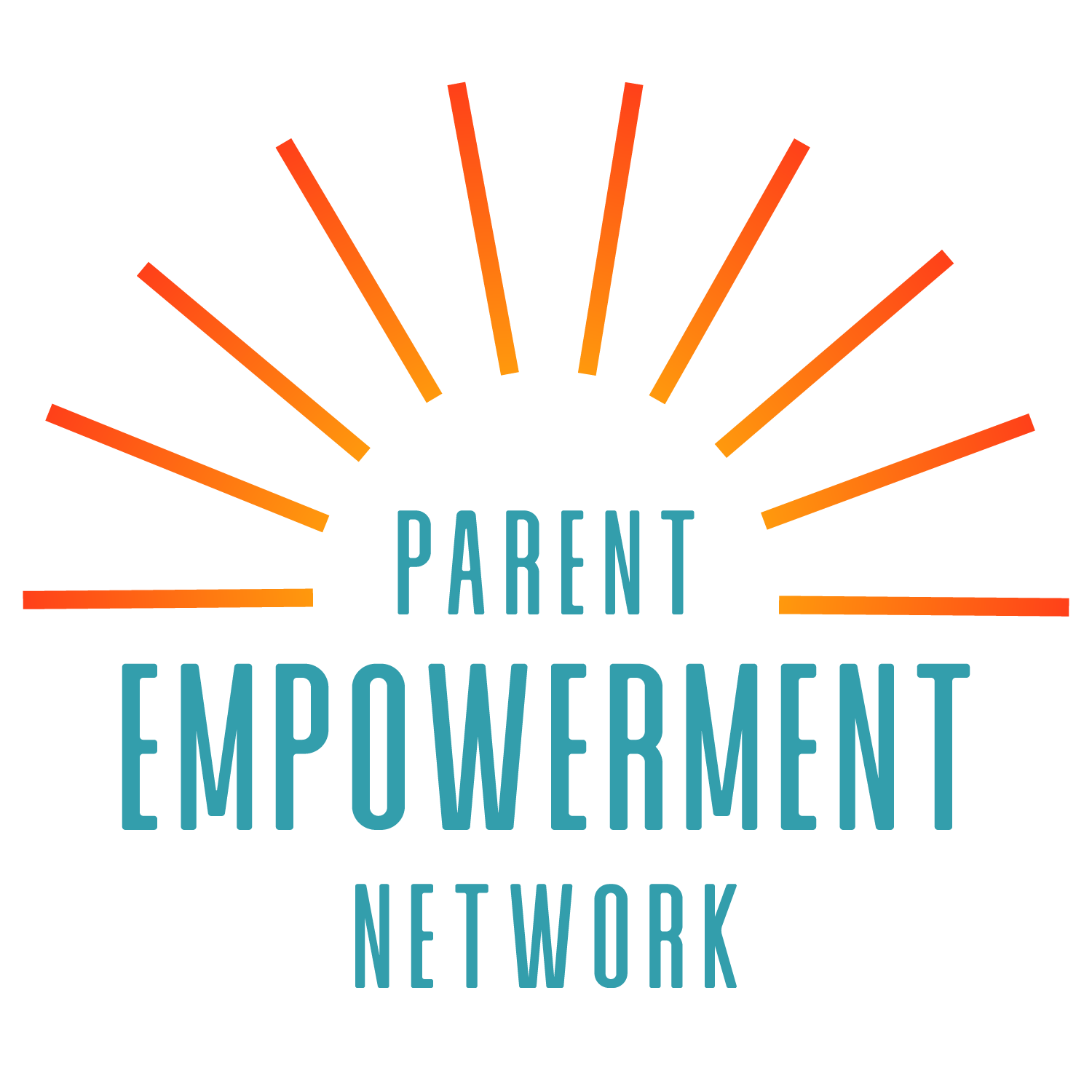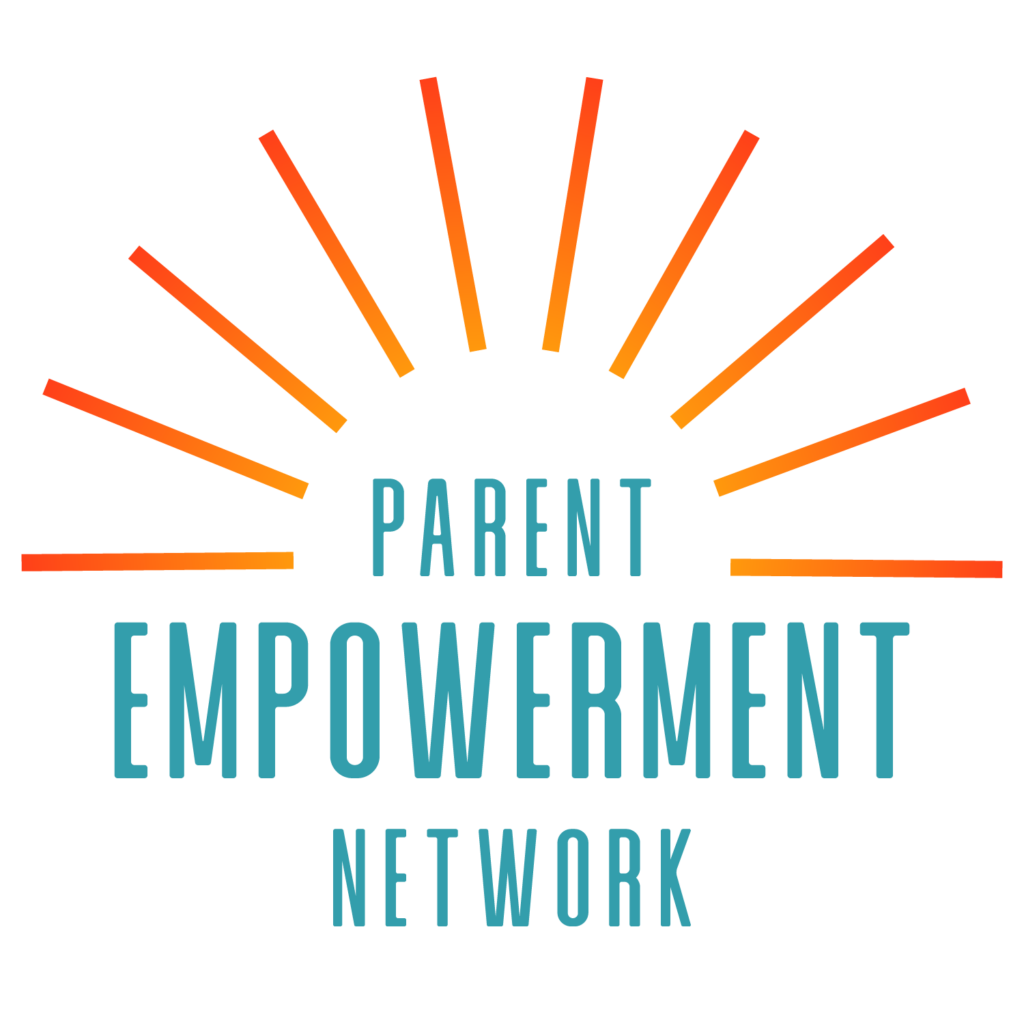In a world where community support often defaults to “cash and casseroles,” Support Now is revolutionizing how we show up for each other during life’s most challenging moments. As the co-founder of Support Now, Jordan Arogeti has created what she describes as “the most comprehensive online support registry platform” that truly encompasses all areas of support when people are going through difficult times.
The genesis of Support Now came during the COVID pandemic, when Jordan and her husband, Scott, found themselves inundated with messages about loved ones experiencing crises—babies in the NICU, hospitalizations, losses, and house fires. Jordan, with her background in technology and sales, recognized a fundamental problem: we’re conditioned by the tools available to us. Fundraising platforms made sending money normal, meal sign-ups made dropping off food expected, but what about all the other ways we can support each other?
Jordan observed that most existing platforms were siloed, addressing only one aspect of support—financial, meals, or communication—but none provided a comprehensive solution. Support Now emerged as an answer to this fragmentation, offering a streamlined platform where communities can come together “in all the ways that matter”: money, meals, communication, and what they call “lend a hand” volunteering.
What separates Support Now from other platforms is how truly in touch it is with real life. Within one registry, families can fundraise, schedule calendar reminders for when they need extra prayers during medical procedures, arrange childcare when hospital restrictions prevent bringing other children, and so much more. This comprehensive approach eliminates the need to manage multiple platforms during already overwhelming circumstances.
Perhaps most importantly, Support Now addresses a critical psychological reality for families in crisis: decision fatigue. When facing trauma, particularly related to a child’s medical needs, parents often become hyper-focused on their child’s wellbeing. The common phrase “let me know how I can help” often goes unanswered, not because help isn’t needed, but because processing and communicating those needs requires energy that simply isn’t available. Support Now creates a structure where supporters can proactively offer specific assistance, removing this burden from already overwhelmed families.
Jordan and her team have taken their innovation a step further by developing “Support Languages,” a framework to help people understand their natural tendencies when supporting others. Similar to love languages or personality tests, this tool identifies eight support archetypes—such as organizer, harmonizer, collaborator, or listener—providing insight into how individuals can best contribute to a support network. This innovative approach helps supporters find confidence in their contributions while creating a more effective community response.
The power of Support Now lies not just in its technology but in its vision of rebuilding community connections. In an age where many feel isolated even within communities, Support Now offers a pathway back to the village-style support that previous generations relied upon. By creating a central hub for both practical assistance and emotional connection, the platform helps maintain those vital community bonds through life’s most challenging seasons.
For families navigating medical crises with their children, Support Now represents more than convenience—it’s a lifeline of community strength when they need it most. By simplifying the logistics of receiving help and broadening the understanding of what support can look like, Support Now is transforming how we care for each other during life’s most difficult moments.
Resources:
Abby Zachritz, Support Now Director of Family Advocacy: https://www.advocacyabby.com
Jordan’s TEDx Talk: https://www.supportnow.org/
Support Languages Quiz: https://www.supportlanguages.com/


